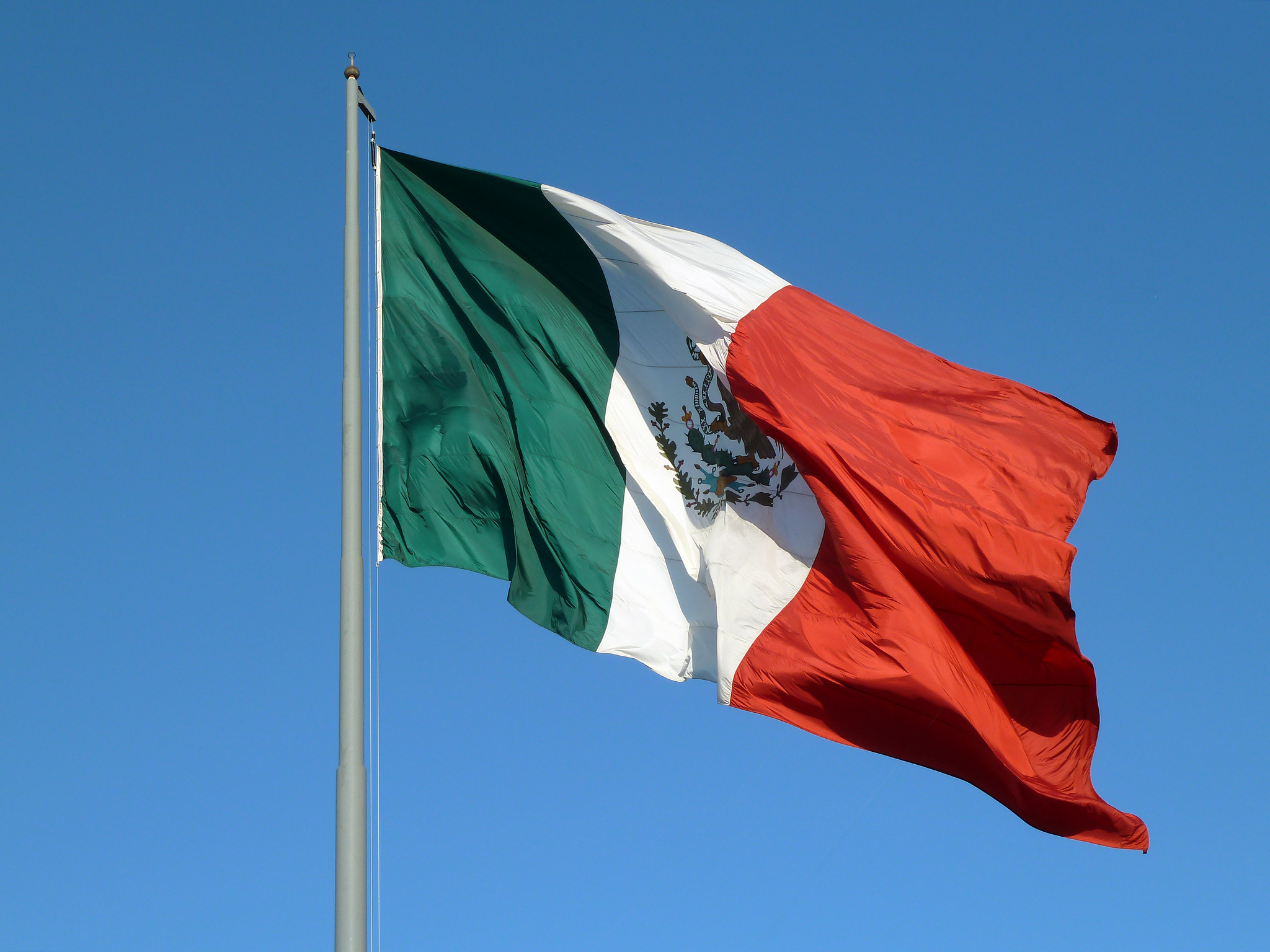Tag: KJZZ
Amid pandemic, pubmedia’s international reporters get used to ‘a deeply uncomfortable way of working’
While U.S.-based journalists have adapted to remote reporting as social distancing has shut down American public life, international correspondents are making tough ...Jon Hoban promoted to lead KJZZ/KBAQ
Hoban was previously the station's associate GM of programming.Public radio reporter helps rescue dogs while on assignment in Arizona
“If I have to put my digital tape recorder down to help, I will,” said reporter Casey Kuhn.KJZZ executive demoted following investigation of staff complaints
A report found that Associate GM of News Mark Moran drove employees after drinking, kissed a former intern and made remarks perceived ...Paluzzi retires from KJZZ after investigation of harassment allegations
The longtime GM of the Phoenix station decried the report as retaliation against him for opposing new pay practices.Phoenix’s KJZZ opens second bureau south of the border
The bureau's reporting aims to help listeners “better understand economic globalization and its impact on the Southwest.”Two KJZZ executives placed on leave during investigation
The station's licensee is responding to anonymous allegations against the two executives.Southwest border journalism hub receives $50K from Ford Foundation
The grant will support reporting on inequality and marginalization along the U.S.–Mexico border.Phoenix’s KJZZ to launch mobile production unit that doubles as food truck
Soundbite is expected to hit metropolitan Phoenix in mid-December.Phoenix’s KJZZ to open news bureau in Mexico City
The station will use the bureau to expand its coverage of business and trade.Stations retool pledge drives to account for rise in sustainers
DENVER — An increase in sustaining memberships has provided a welcome source of stable income for some public radio stations, but it has ...FCC denies stations’ bid for looser underwriting language
A public radio licensee’s bid to boost underwriting revenue by skirting restrictions on credit language met with a flat rebuttal from the ...WNYC, Takeaway encourage stations to take it apart
Public radio’s The Takeaway has more than doubled its carriage since cancellation of NPR’s Talk of the Nation, and the show’s producers ...PRI stations to experiment with locally customized news
The competition for midday timeslots on public radio stations is heating up, as Public Radio International and producers of its news programs ...On the beat in Juárez, you listen with your gut
As a reporter for the multistation “local journalism center” Fronteras: The Changing America Desk, I am surrounded by borders. I live in ...








